Gold remains an important reserve asset, helping to stabilize national currencies and banking systems during times of economic stress.
America
According to the World Gold Council (WGC), the US holds the largest gold reserves in the world, amounting to about 8,133.5 tons.
This huge reserve plays a vital role in maintaining the stability of the US economy and is a strong financial safeguard. Most of this gold is safely stored at Fort Knox, along with other vaults such as the Denver Mint and the San Francisco Mint.
Gold vaults act as a bulwark against currency fluctuations and economic crises, helping to reinforce the value of the US dollar.
In addition to gold, the US holds foreign exchange reserves exceeding $910 billion.
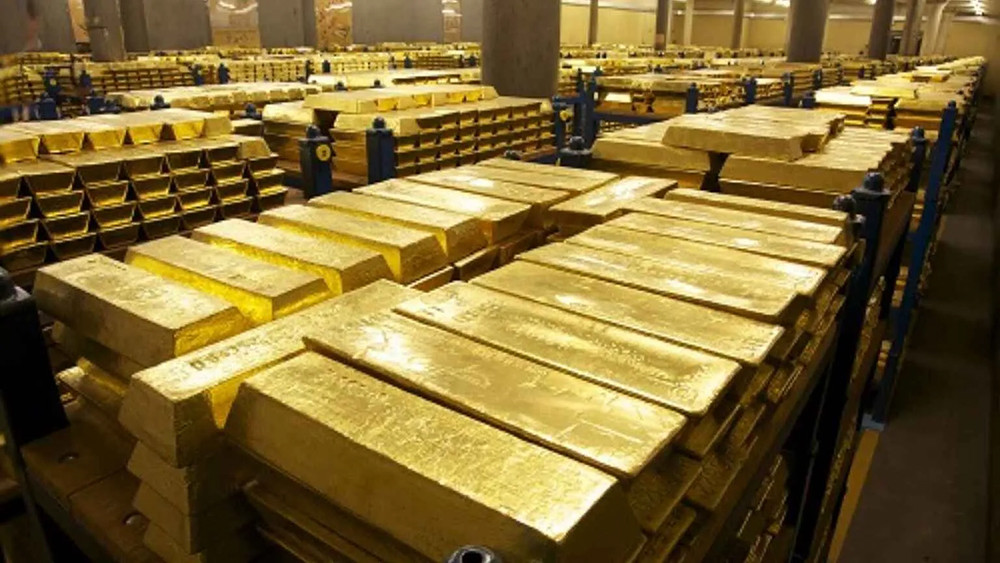
Virtue
Germany holds the second-largest national gold reserves, totaling approximately 3,351.5 tonnes. Gold accumulation increased significantly during the recovery from World War II, reflecting the country's strong economic reconstruction efforts and strategic vision.
The majority of Germany's gold is still stored in Frankfurt. In addition, Germany's gold is also stored abroad, such as in the US and UK.
As a founding member of the European Union and a key pillar of the Eurozone, Germany's gold reserves bolster the credibility of the euro and protect the economy amid global financial turmoil.
IDEA
With approximately 2,451.8 tonnes of gold, Italy ranks third among the world's top gold holders. Italy's reserves serve as an economic stabilizer, especially in times of domestic and international financial turmoil.
Most of Italy's gold is kept safely in the vaults of the Bank of Italy, while some is stored abroad in places like Switzerland and the UK.
As a member of the Eurozone, Italy's gold holdings contribute to the overall strength of the euro, reflecting a prudent fiscal strategy to cope with global uncertainty.
China
China has continuously increased its gold reserves, up to 2,279.6 tons.
Through official purchases and domestic mining, the Chinese government pursues a policy of reducing its dependence on the US dollar and the global financial system.
These reserves play a key role in stabilizing the yuan. Together with foreign exchange reserves exceeding $3.2 trillion, China's investment in gold protects the economy from external shocks.
These assets are managed by the People's Bank of China.
(According to IDR)
Source: https://vietnamnet.vn/he-lo-nhung-ham-vang-khong-lo-duoi-long-dat-2396788.html



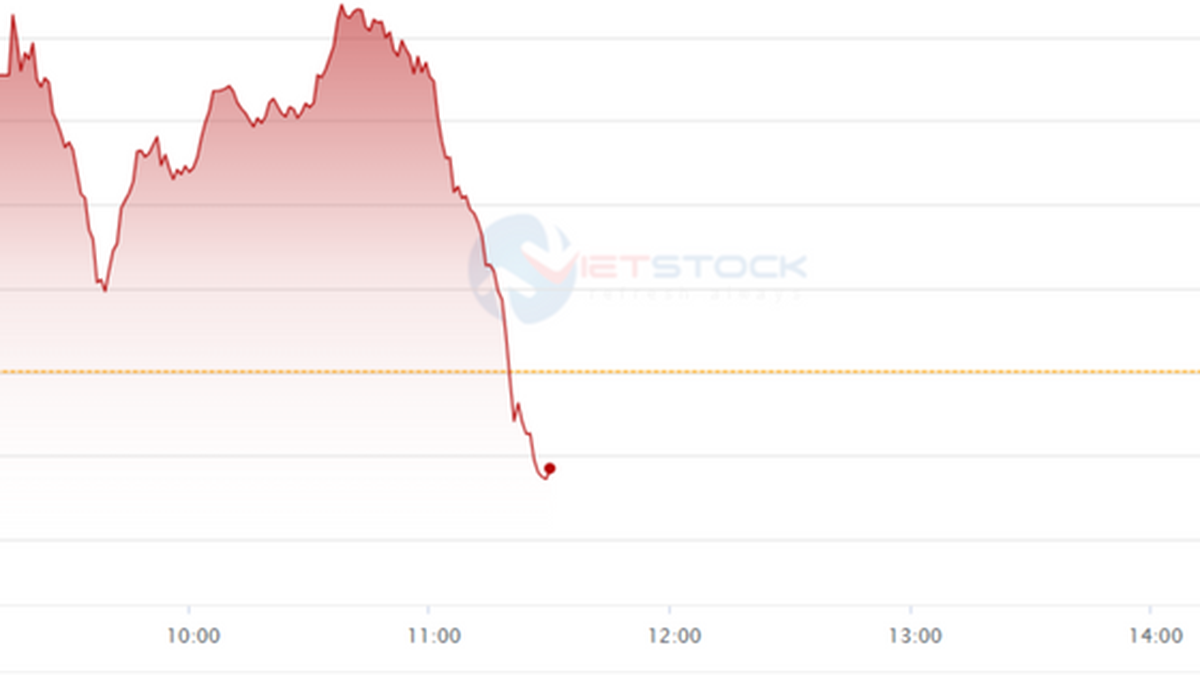


















































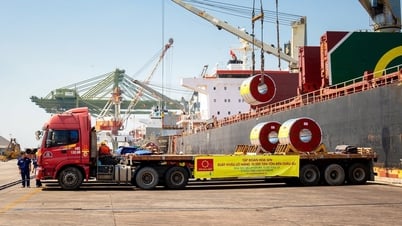






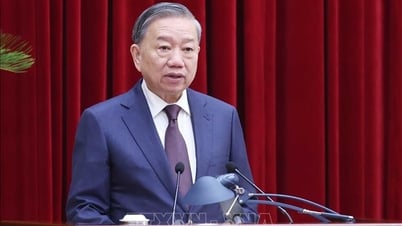



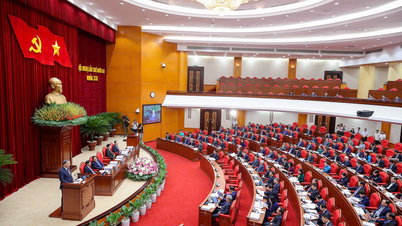




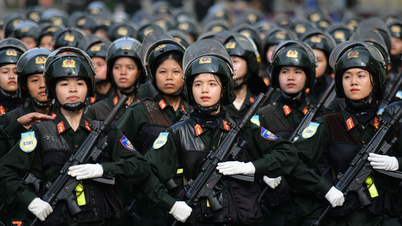
















![[Infographic] In 2025, 47 products will achieve national OCOP](https://vphoto.vietnam.vn/thumb/402x226/vietnam/resource/IMAGE/2025/7/16/5d672398b0744db3ab920e05db8e5b7d)













Comment (0)